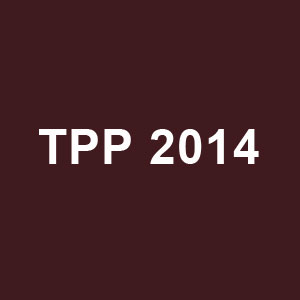Being Aside: Performative Discomfort
My project considers the productivity of discomfort — both performances that discomfort, and performances of discomfort — and the affective impact of proximity . I am interested in how performances of nearness (especially to “difference”) can elicit dis-ease, a sense that (I argue) can be politically and aesthetically generative. In Infinitely Demanding , Simon Critchley has proposed “an ethics of discomfort [. . .] based on the internalization of an unfulfillable ethical demand.” I ask: how might being uncomfortably close pose an unfulfillable demand, and what might performances of such closeness tell us about “how multiple singular senses of the world are mediated through the aesthetic, understanding that friction, tension, strangeness, and discomfort are not necessarily obstacles but, perhaps, useful paths towards a notion of plurality that holds on to the singular”?
Here I examine two sites: U.S. accent/language employment discrimination cases (where the
discomforting presence of a “different” language serves as a basis for sanction) and the work of New Yorkbased playwright Young Jean Lee (whose theatrical deployment of “race” often “inappropriately” sites racial identities to provoke discomfort and pleasure). My objective is to consider how aesthetic mediation operates in each to generate the tensions and pleasures of being-against, being-with, or being-aside.
Karen Shimakawa is the Chair of Performance Studies in the Tisch School of the Arts at New York University, and an Adjunct Instructor in the NYU School of Law. Her research and teaching focus on critical race theory and performance.

